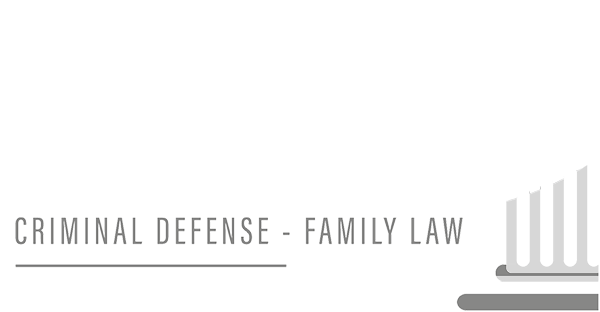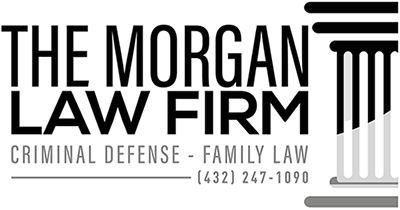Most people breathe a sigh of relief once they’ve created an estate plan. After all, that’s usually a task that’s brushed off until later in life, leaving individuals feeling like they’ve achieved a major accomplishment once they’ve got it crossed off their to-do list.
Although everything might seem in order once an estate plan is finalized, the truth of the matter is that provisions of an estate plan can be contested. This often happens when someone who expected to inherit isn’t included in an estate plan’s distribution scheme, and the ramifications of these challenges can be significant.
Why do people challenge wills?
Contesting a will is a major decision, and one that must be supported by strong evidence. But why do people end up contesting wills? Are they just sour at not receiving what they thought would be left to them? Not necessarily. Here are some of the top reasons why wills are contested:
- Lack of mental capacity: For a will to be legally valid, the individual who created it must’ve had testamentary capacity when the will was signed. This means that the person who created the will must’ve understood the following:
- The extent of their estate and how much it’s worth
- The identity of their heirs and beneficiaries as well as their relationship with those individuals
- What the terms of their will do
In other words, the will’s creator must be lucid and fully comprehend the ramifications of what they’re doing with their will. It’s important to note that even shorter periods of lucidity will render a will valid, so those with mental health conditions like Alzheimer’s may be capable of creating a legally valid will.
- Undue influence: Undue influence occurs when the testator, meaning the person who creates the will, is manipulated to the point that they lose their ability to make independent decisions regarding asset distribution. Typically, the person who has manipulated the testator wiggles their way into the estate plan to receive a larger share of the estate’s assets than expected.
- Multiple wills: It’s not uncommon for people to modify existing wills or create entirely new ones. This can leave people fighting over which will controls, which was the focus of the case involving Aretha Franklin’s estate. These types of challenges are more likely to be seen when wills lack dating and pages of the will aren’t numbered.
- Fraud: Those who are vulnerable to the powers of influence can be duped into signing a document that they don’t realize is a will. In these instances, the testator typically ends up giving up assets to the person responsible for the fraud, which could leave their loved ones without the inheritances that they expected and deserved.
There are other ways to contest a will, such as by arguing that its signing was improperly witnessed or that the document itself fails to comply with state law. Any one of these challenges can threaten to derail an entire estate plan, too, which is why these matters have to be taken seriously.
Do you need assistance with your probate issues?
The outcome of a probate issue, such as a will contest, can completely reshape how an estate is distributed. In other words, there’s a lot on the line in contested probate matters.
If you’ve found yourself in the midst of one of these issues, then you need to arm yourself with powerful legal arguments that support your interests. That’s where knowledge of the law and the legal system can come into play, giving you the edge that you need going into court.

